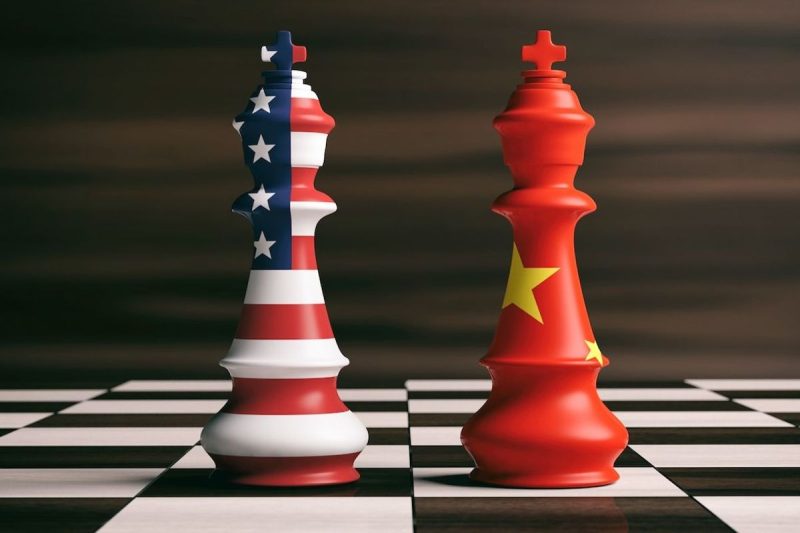In a bold move to bolster national security, the Biden administration has proposed a ban on Chinese vehicles over espionage concerns. This decision comes in the wake of escalating tensions between the United States and China, with fears of technology theft and spying at the forefront. The ban, if enacted, would have far-reaching implications for the automotive industry and could potentially reshape the market dynamics.
One of the primary reasons cited for the proposed ban is the concern over Chinese companies’ close ties to the Chinese government. With China being a known global leader in technology espionage, the administration’s move is seen as a necessary measure to safeguard U.S. interests. By excluding Chinese vehicles from the market, the U.S. aims to limit the potential exploitation of sensitive data and secure critical infrastructure from cyber threats.
Another key driver behind the proposed ban is the ongoing trade war between the two economic superpowers. The U.S. has been vocal about unfair trade practices, intellectual property theft, and forced technology transfers by Chinese companies. The administration sees the ban as a means to hold China accountable and level the playing field in the global automotive market.
The proposed ban has raised concerns among industry experts and stakeholders. Chinese automakers have been expanding their presence in the U.S. market in recent years, offering competitive pricing and innovative technologies. A ban on Chinese vehicles could disrupt supply chains, impact consumers’ choices, and potentially lead to higher prices for alternative vehicles.
Furthermore, the ban could have broader implications for international trade relationships. China is a significant player in the global automotive industry, with strong ties to various countries. A ban on Chinese vehicles could strain diplomatic relations, trigger retaliatory measures, and further escalate tensions between nations.
In response to the proposed ban, Chinese officials have criticized the move as protectionist and discriminatory. They argue that Chinese companies adhere to international laws and regulations and should not be unfairly targeted based on geopolitical considerations. China has also warned of potential retaliatory actions, setting the stage for a possible trade war escalation.
As the debate over the ban on Chinese vehicles unfolds, it raises critical questions about national security, trade policy, and international relations. While the U.S. government seeks to protect its interests and technological advantage, the proposed ban could have wide-ranging implications for the global automotive industry and geopolitical landscape. The decision on whether to implement the ban will require careful consideration of the economic, political, and strategic consequences for all parties involved.

